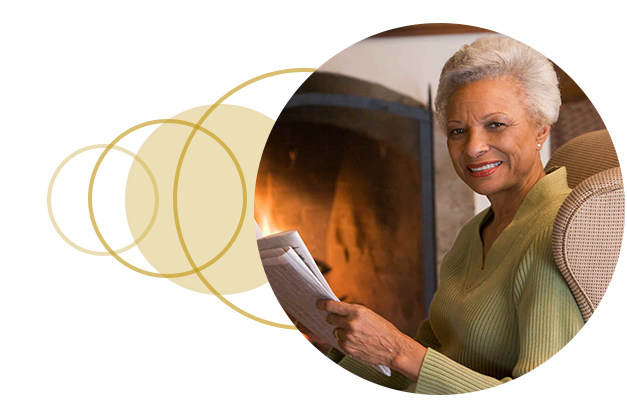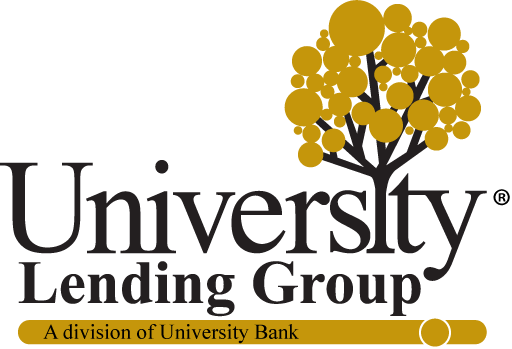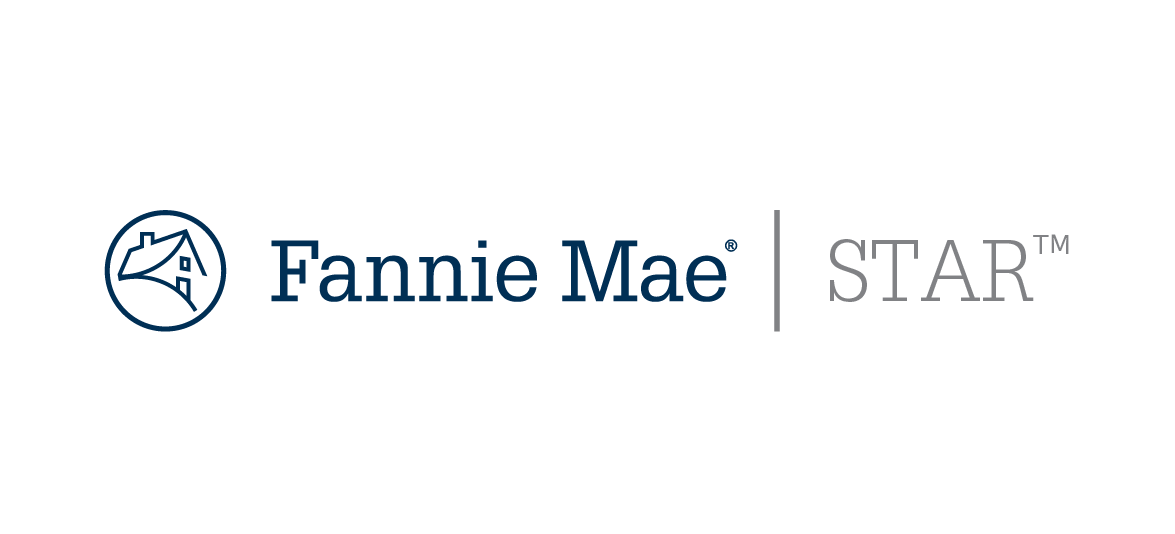
Additional source of income
For homeowners 62 years or older, a reverse mortgage with University Bank is a sophisticated financial planning tool that enables you to stay in your home or “age in place” and maintain or improve your standard of living without taking on a monthly mortgage payment. The process of obtaining a reverse mortgage involves a number of different steps.
A reverse mortgage is a special type of loan made to older homeowners to enable them to convert the equity in their home to cash to finance living expenses, home improvements, in home health care, or other needs. With a reverse mortgage, the payment stream is “reversed.” That is, payments are made by the lender to the borrower, rather than monthly repayments by the borrower to the lender, as occurs with a regular home purchase mortgage.
A reverse mortgage is different from a home equity loan or line of credit, which many banks and thrifts offer. With a home equity loan or line of credit, an applicant must meet certain income and credit requirements, begin monthly repayments immediately, and the home can have an existing first mortgage on it. In addition, there is no restriction on the age of borrowers.
The size of reverse mortgage that a senior homeowner can receive depends on the type of reverse mortgage, the borrower’s age and current interest rates, and the home’s property value. The older the applicant is, the larger the monthly payments or line of credit. This is because of the use of projected life expectancies in determining the size of reverse mortgages. Seniors do not have to meet income or credit requirements to qualify for a reverse mortgage.


No monthly payments
The first most widely available reverse mortgage in the United States was the federally insured Home Equity Conversion Mortgage (HECM), which was authorized in 1987. Unlike traditional mortgages, a reverse mortgage doesn’t require monthly repayments to the lender. A reverse mortgage isn’t repayable until you no longer occupy the home as your principal residence. This can occur if the sole remaining borrower dies, the borrower sells the home, or the borrower moves out of the home, say, to a nursing home. Some reverse mortgage products also involve the purchase of an annuity that can assure continued monthly income to the senior homeowner even after they sell the home.
Borrowers usually have a choice of receiving the proceeds from a reverse mortgage in the form of a lump sum payment, fixed monthly payments for life, or line of credit. Some types of reverse mortgages also allow fixed monthly payments for a finite time period, or a combination of monthly payments and line of credit. The interest rate charged on a reverse mortgage is usually an adjustable rate that changes monthly or yearly. However, the size of monthly payments received by the senior doesn’t change.
The repayment obligation for a reverse mortgage is equal to the principal balance of the loan, plus accrued interest, plus any finance charges paid for through the mortgage. This repayment obligation, however, can’t exceed the value of the home.


The loan may be repaid by the borrower or by the borrower’s family or estate, with or without a sale of the home. If the home is sold and the sale proceeds exceed the repayment obligation, the excess funds go to the borrower or borrower’s estate. If the sales proceeds are less than the amount owed, the shortfall is usually covered by insurance or some other party and is not the responsibility of the borrower or borrower’s estate. In general, the repayment obligation of the borrower or borrower’s estate can’t exceed the value of the property.
Get your reverse mortgagepurchaserefinance1st Lien HELOCveteran questions answered.
University Bank – Reverse Mortgage Division, Equal Housing Opportunity – NMLS 715685, 2015 Washtenaw Ave, Ann Arbor, MI 48104 – (www.nmlsconsumeraccess.org), Member FDIC that operates in various states. For a complete list of the states University Bank. can operate in please visit https://www.university-bank.com/licensing. This is not a commitment to lend or an offer for a rate lock agreement. All Mortgage transactions are subject to verification of application information, satisfying all underwriting conditions and requirements. Restrictions apply. University Bank is not affiliated with any government agency. This website has not been reviewed, approved, or issued by HUD, FHA or any government agency. Any third-party content on this website is intended for educational purposes only and is in no way an endorsement of any lender, media outlet, or company. Oregon Consumers click here to read an important announcement: https://oregon.public.law/statutes/ors_86a.196



